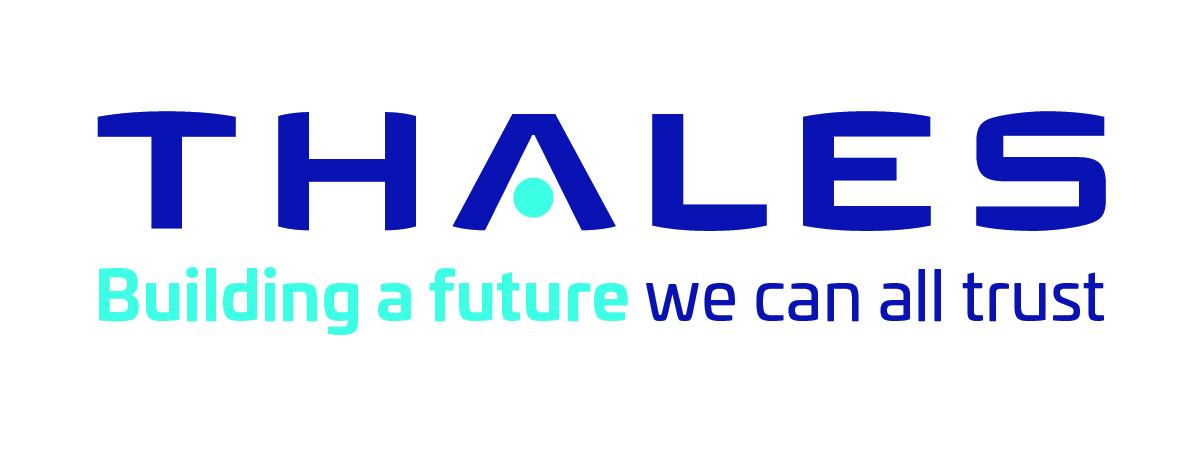Actualités :
AIR FRANCE, ATMOSPHÈRE, CERFACS, CGX, DSNA, ONERA and THALES join forces on the Octavie project, with support from the Occitanie region, to reduce the environmental impact of commercial aviation

The air transport industry is fully cognizant of its impact on the environment and has undertaken to achieve net zero carbon emissions by 2050.
To step up to this global challenge, one of the most effective ways of delivering results in the short term is to optimise flight operations and to enable commercial airliners to select the most efficient flight plans by following more direct trajectories and adjusting their speed and altitude in real time.
It is estimated that these measures could cut CO2 emissions in Europe by about 10% from as early as 2025.
To prepare the groundwork for this undertaking, Thales, Air France, DSNA, ONERA, Atmosphère, CGX and Cerfacs joined forces on the Octavie project, with more than 700,000 euros in financial support from the Occitanie region, to test the Green Flag concept under operational conditions.
Under the Green Flag concept, developed for the Provert study by Thales, DSNA (France's air navigation services provider) and Air France, air traffic control authorities can designate certain portions of airspace as Green Flag sectors during periods of moderate traffic. Working in coordination with air traffic controllers, pilots in these sectors are then able to adopt the most eco-friendly practices by optimising flight parameters (route, altitude, speed) to minimise fuel consumption and cut greenhouse gas emissions. The concept relies on the use of collaborative digital tools to simplify interaction between pilots and controllers and guarantee the highest possible levels of flight safety.
After laboratory testing of prototype technical solutions, the Octavie project has moved into a new phase, conducting the first tests in real-life conditions on two Air France flights between Paris-Orly and Toulouse-Blagnac in March 2022. The tests demonstrated the value of the Green Flag concept and its ability to reduce CO2 emissions while optimising altitude and distance. Thanks to easier interaction between the flight deck and air traffic control centres, controllers were able to maintain the aircraft at cruising speed for longer periods, and flight crews could adopt continuous descent approach procedures to reduce fuel consumption. These first flight tests produced promising results, which now need to be consolidated so that the Green Flag concept can be incorporated into air traffic control procedures at scale and on a permanent basis, even under dense traffic conditions.
Thales
Thales' portfolio of products and systems embraces air traffic control centres, airport security and video surveillance systems, Passenger control and experience, communication and navigation equipment. Airport video surveillance, navigation, air traffic management. Thales is a global...

